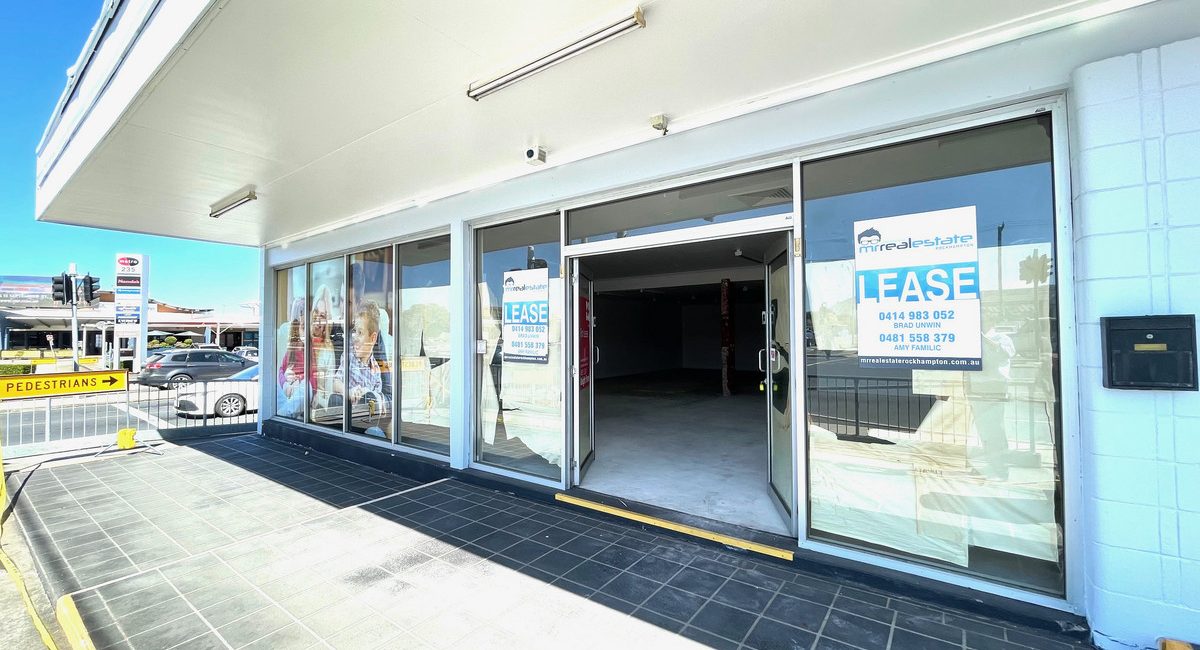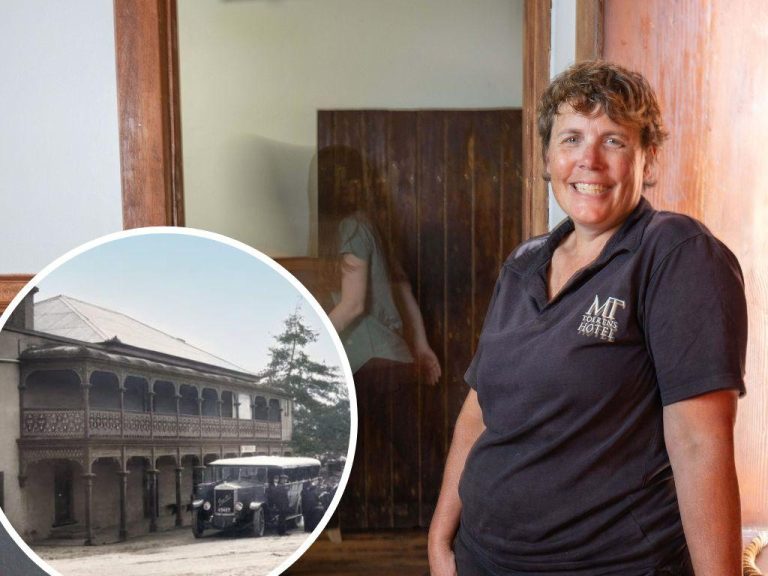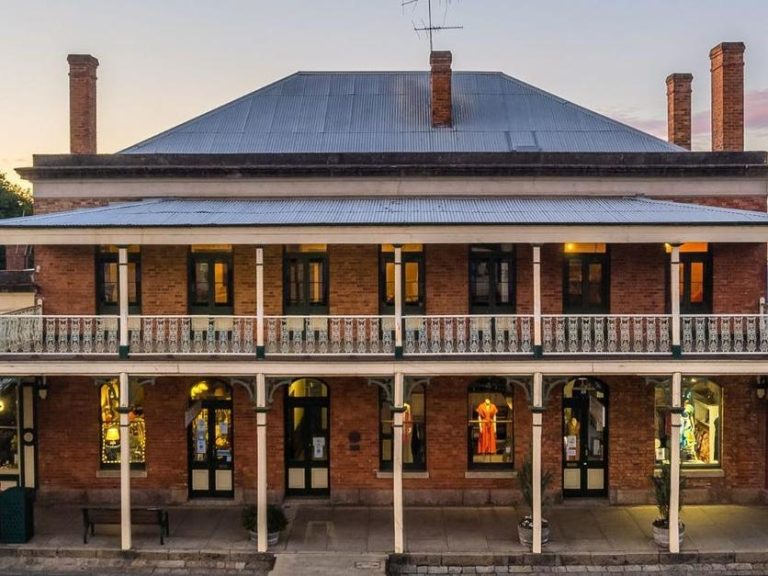Tax grab could see interstate investors leave Queensland in droves

Queensland could be faced with business closures and a lack of commercial rentals should a land tax proposal by the state government go ahead, industry experts say.
From July next year, anyone who owns property in Queensland will have the total value of their Australian landholdings assessed for land tax purposes with some property owners expecting their tax bills to soon be in the tens-of-thousands of dollars.
Given investors will be liable for land tax in the other states where those properties are located, experts say Queensland authorities are effectively double-dipping with the initiative expected to raise about $20 million in revenue in the 2022-23 financial year.

Investment in childcare properties could be negatively impacted by the Queensland land tax, according to PropTrack director of economic research Cameron Kusher. Picture: realcommercial.com.au/sold
PropTrack director of economic research Cameron Kusher said the decision could see investors pull out of Queensland, including those who provide critical services, such as childcare.
“It’s not just childcare but health, bulky goods and any of those … as basically this tax is making it less attractive to invest in Queensland,” he said.
“So I think the commercial sector is likely to be impacted more heavily than the residential sector as the reality is that people who invest in commercial real estate are more likely to invest across a number of different jurisdictions.”
Mr Kusher said the biggest flow-on effects would be felt in regions that had experienced exponential growth since the start of the Covid-19.
According to the Australian Bureau of Statistics, Queensland’s population grew by 1.4% in 2021, with the majority of new residents settling in Brisbane and on the Gold Coast.
“Basically, these people will just have to wear it [the tax] or it may encourage them to leave Queensland or sell their properties in other states,” Mr Kusher said.
The tax won’t have impact on just current investors, it could also discourage future investments Mr Kusher said.
“It will also act as a deterrent for future investment in Queensland too as commercial and residential investors are potentially dissuaded from investing in the state due to the impost of higher land tax,” he said.
Small business owners to wear the brunt of ‘thoughtless’ decision
Real Estate Institute of Queensland Chief Executive Officer Antonia Mercorella said the new land tax was a rare beast and would hurt Queensland landholders, renters, companies, and small businesses in one fell swoop.
“This will likely send commercial rents through the roof, and given this tax is only triggered by Queensland property holdings, it sends the message to businesses to shut down shop and set up elsewhere to get the monkey off their back,” she said.
“Equally, given we are living in the tightest rental market in the history of our state and 36% of our population rent their homes with the vast majority of housing supplied by private investors, one would assume that it’s not the time to risk rocking the boat of private residential stock.”
Ms Mercorella said an increase in rent would particularly hurt small businesses which were already doing it tough on the back of Covid-19.
“Once your rent goes up, it means that potentially, it’s no longer viable to run a business or you may be forced to increase the price of the product and services that you offer,” she said.
“The alternative option is that some commercial owners will decide to sell, meaning businesses will have to find new commercial lease options, which are slim.”
Queensland land tax likely to become an administrative nightmare
Knight Frank managing director for Queensland, Dominic Lang said the full impact of the new land tax was yet to be determined but one thing was clear, its administration would be a nightmare.
He said the new land taxes relied on investors voluntarily disclosing their interstate holdings with the current tax-free thresholds set at $600,000 for individuals, other than absentees, and $350,000 for companies, trustees and absentees.
The tax will apply to all investors, with the exclusion of interstate land deemed for primary production, support accommodation, retirement villages, aged care, charitable institutions, and transitional or moveable homes, such as a caravan.
“It relies a lot on self-reporting and the administration of it is just going to be a nightmare,” Mr Lang said.
“There are still so many questions and no one really seems to have assessed what the full impact is going to be, including the different taxes for overseas owners.”
Investors go cold on land tax changes
AusHomes chief executive Brett Shepherd, who has built more than 3000 residential investment properties worth $1.2 billion in south-east Queensland, said interstate investors were going cold on the Sunshine State.
Mr Shepherd said the decision was heart-wrenching as 80% of his business relied on interstate investors.
He said sales had already dropped by close to 60%, from around 20, down to eight homes a month.
“My business volumes are falling dramatically and I’m worried, really worried. Something needs to be done,” he said.
“People will be out of work and our rental crisis will only get worse as we need these investors to provide homes.”
Hillscorp Developments this week confirmed it would cease to develop land in Queensland.
The premier land developer has been rolling out subdivisions for the past 20 years, including Brisbane, the Gold Coast and regional centres such as Mackay, Roma and Gympie.







